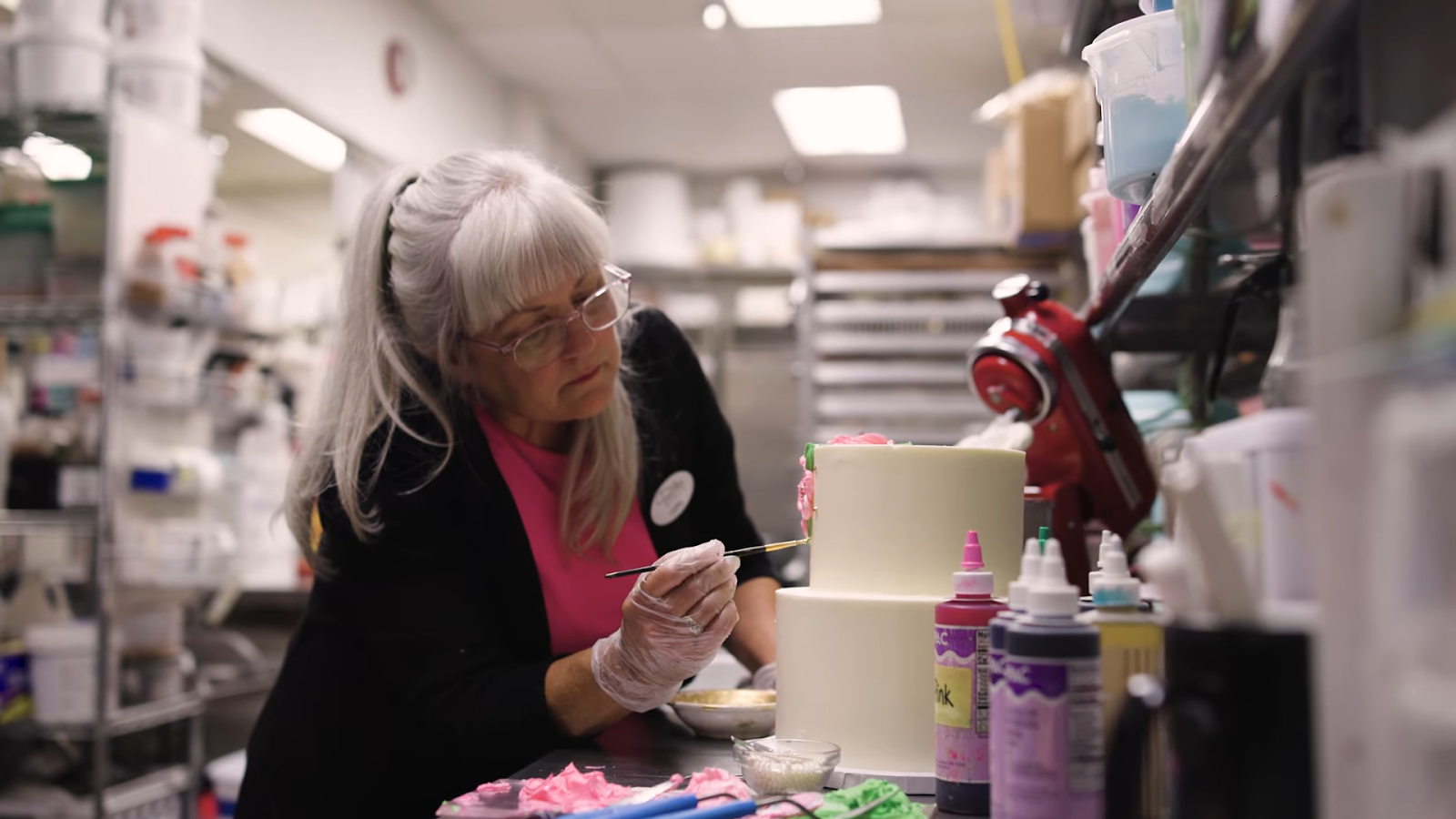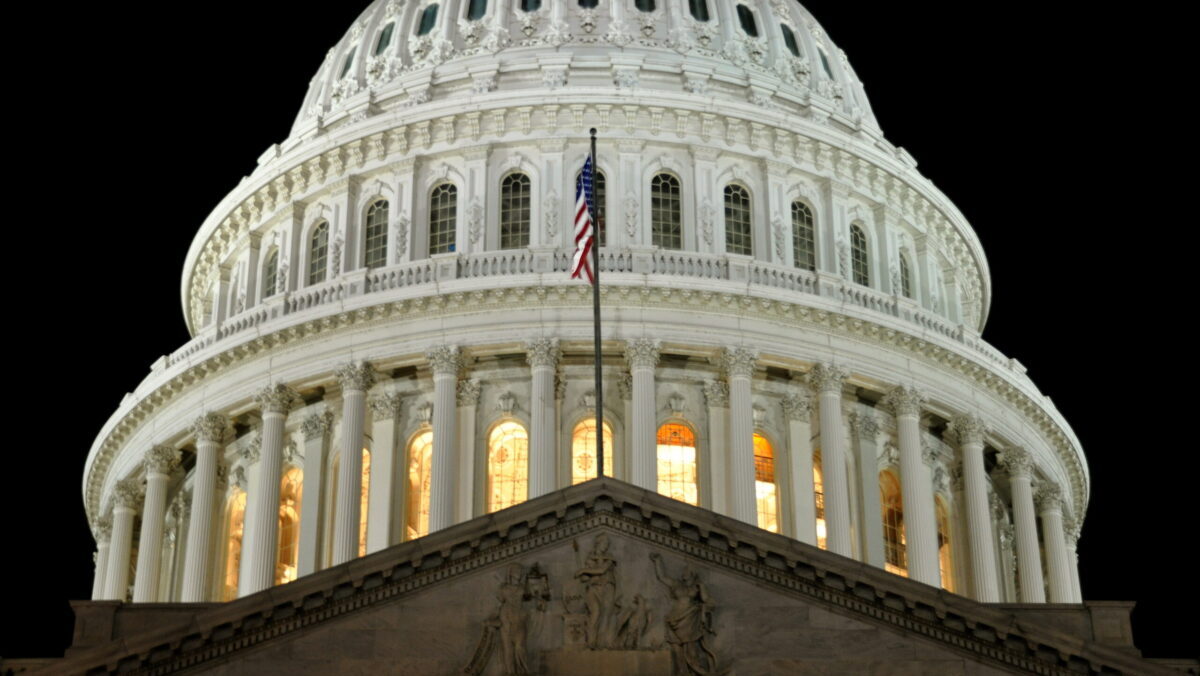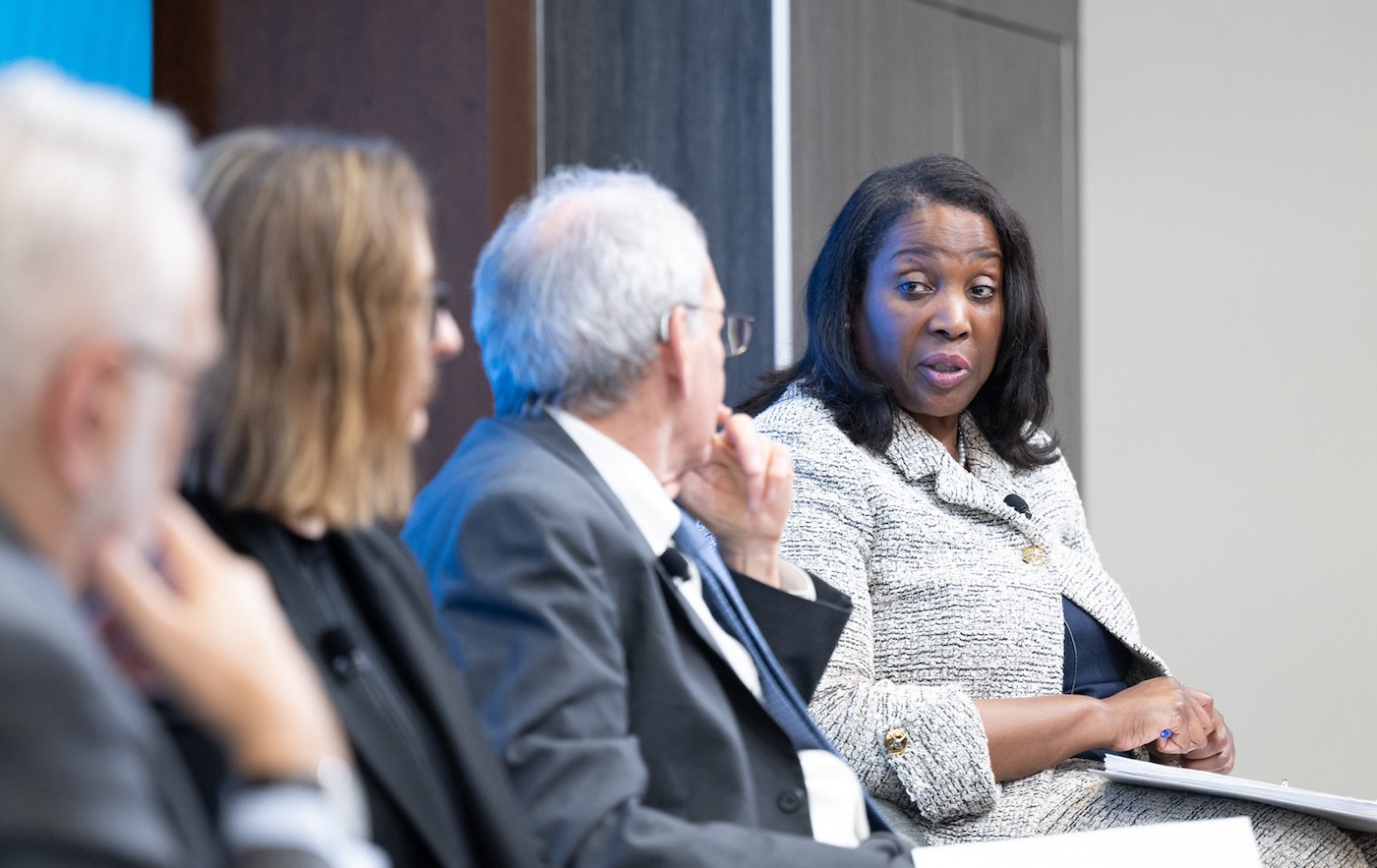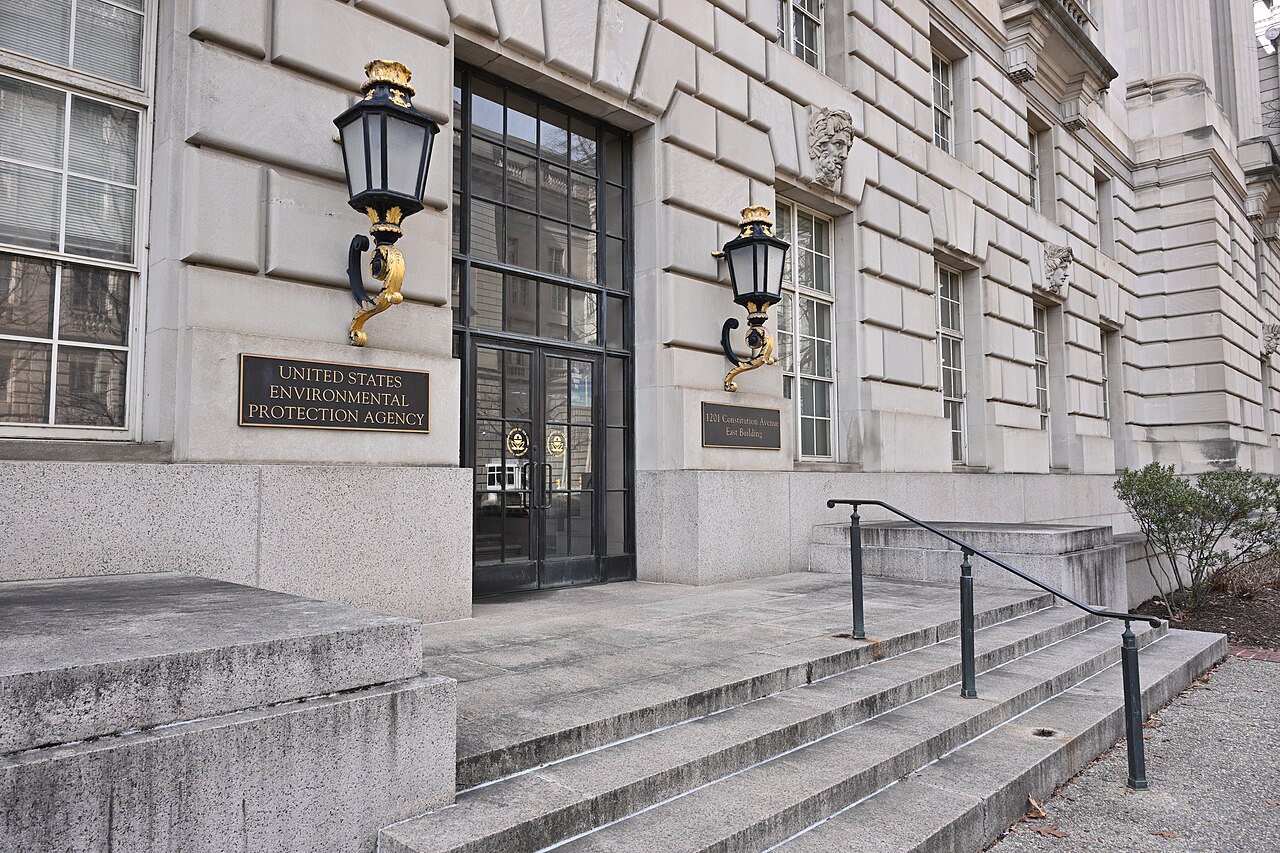Cathy Miller, a Christian baker from California, has petitioned the U.S. Supreme Court to intervene in her ongoing legal battle regarding her religious beliefs and business practices. Miller is seeking a ruling that would protect her First Amendment rights against what she describes as coercive legal actions by the state.
Miller’s case began in 2017 when she declined to create a wedding cake for a same-sex couple, citing her Christian beliefs about marriage. After referring the couple to another baker, she faced an investigation and legal action initiated by the California Civil Rights Department.
In her petition filed on Wednesday, Miller stated, “All I want is to serve my neighbors as the Gospel of Jesus Christ calls me to without being forced to create messages that violate my beliefs.” Her legal team argues that California’s actions infringe upon both the Free Speech and Free Exercise Clauses of the First Amendment.
The initial ruling from a California trial court favored Miller, but this decision was later overturned by a state appeals court, allowing the legal proceedings against her to continue. Earlier this year, the California Supreme Court declined to hear her case, prompting her to take the matter to the highest court in the nation.
Miller is represented by the Thomas More Society, Becket, and LiMandri & Jonna LLP. Her attorneys highlighted that the prolonged civil prosecution against her has not only affected her business but also raises significant questions about religious freedom in the United States.
The petition cites recent Supreme Court cases, including Masterpiece Cakeshop, Ltd. v. Colorado Civil Rights Commission (2018) and 303 Creative LLC v. Elenis (2023), which involved similar issues of religious objections to participation in same-sex wedding ceremonies. Miller’s legal team argues that these precedents indicate a need for clearer protections for individuals with religious objections.
Miller’s situation mirrors that of Jack Phillips, a Colorado cake artist who faced legal challenges for refusing to make a wedding cake for a same-sex couple based on his religious beliefs. While the Supreme Court ruled in Phillips’ favor, the decision was narrow, allowing for continued legal challenges against him.
Critics of Miller’s position argue that businesses should not be allowed to refuse service based on religious beliefs, particularly in cases involving same-sex couples. They contend that such refusals can lead to discrimination and undermine civil rights protections.
Supporters of Miller, however, assert that her case is a critical test of religious freedom in America. They argue that the government should not compel individuals to act against their deeply held beliefs, especially in creative professions where personal expression is integral to the work.
Miller’s petition emphasizes the importance of religious pluralism, stating, “The promise of religious pluralism in this country has always been that ‘every one shall sit in safety under his own vine and fig tree, and there shall be none to make him afraid.’” Her legal team is urging the Supreme Court to grant review of her case to uphold the rights of religious Americans.
As the Supreme Court considers whether to take up Miller’s case, the implications of its decision could resonate beyond her situation, potentially shaping the future of religious freedom and civil rights in the United States.
READ Trump Revokes Secret Service Protection for Kamala Harris Ahead of Book Tour



